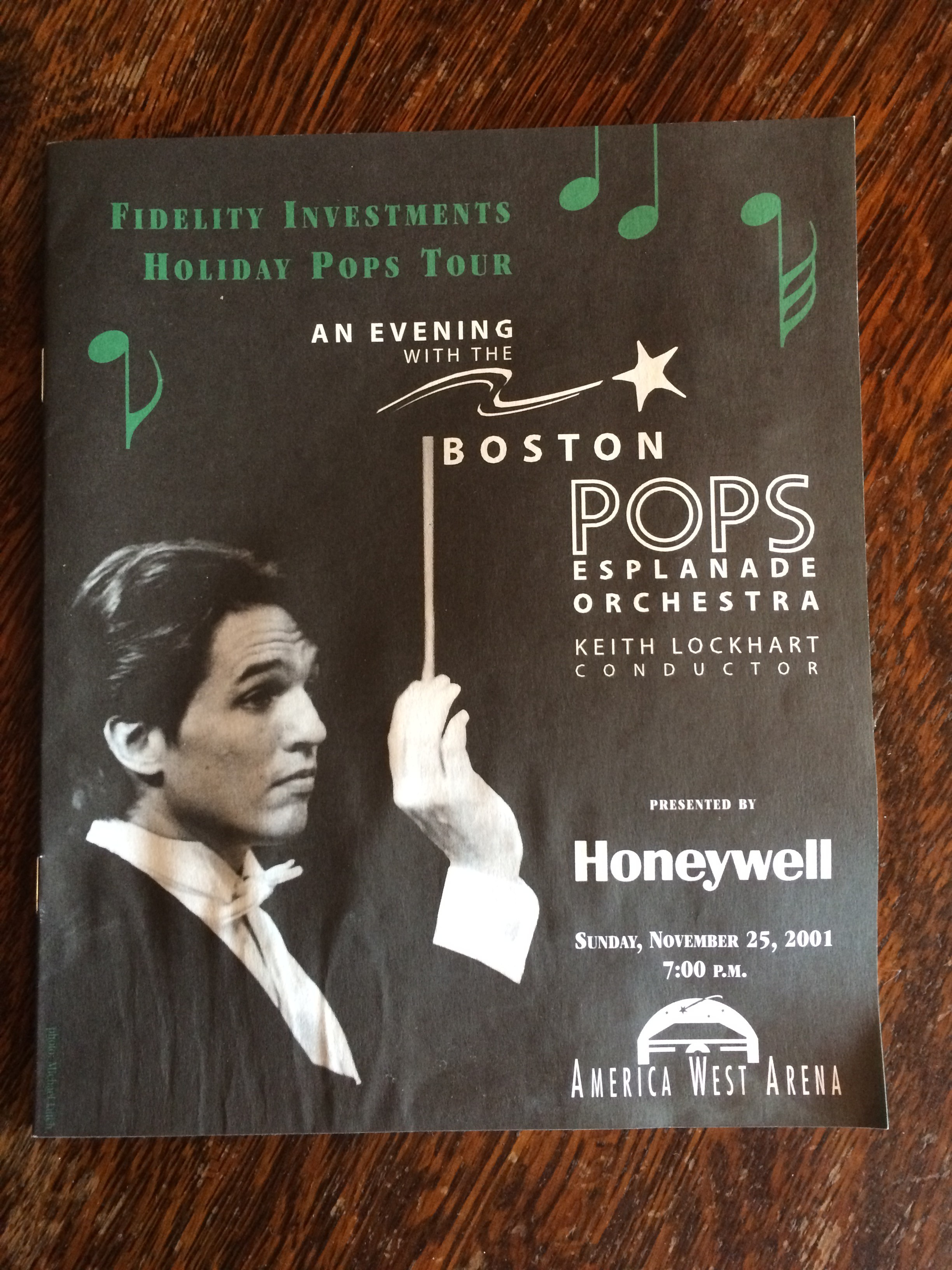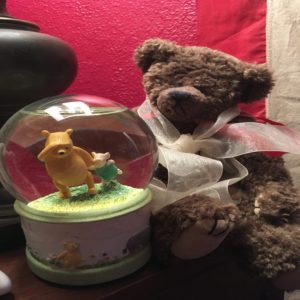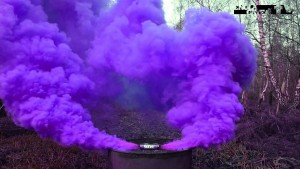Ever wonder if what you do is important? Ever push away from your desk at 2:35 PM on a Wednesday thinking, “What’s the point?” Ever tell yourself that significance begins with the next pay raise and/or promotion? Ever think you could make more of a difference if only you played on a bigger stage or in front of a larger audience?
Last night I made a wonderful holiday memory. I surprised my Mom with floor seat tickets to the Boston Pops Holiday Concert at America West Arena. Just the two of us for an evening of Christmas music performed by a world famous orchestra. Music is one of my loves and I’ve listened to everything from blues in a bar to steel drum reggae on a cruise ship. Hearing the Boston Pops live with my Mom easily makes my top five. 
During the first couple songs I was simply overwhelmed by the sound. Listening to music on your stereo and being a member of a live audience is the difference between talking on the phone and speaking face to face. Communication is 90% non-verbal. Music is no different. The movement and synchronicity of an orchestra is its captivating non-verbal message. To hear a melody is to hear a voice. To see the conductor’s dancing baton and to watch rows of wrists slide horsehair bows across the strings of violins and cellos is to look into the eyes of a song; to see and sense her mood.
Years ago one of my high school band directors, Jim Gosnell, taught me how to listen to music. He taught me how to isolate each instrument on a recording and hear only that part. Last evening, after my ears and brain became acclimated to the whole, I began to listen to the parts. It didn’t take long to realize the significance of every instrument.
There is only one piccolo player in the Boston Pops. Tiny instrument, the piccolo. Fits easily into a good sized jacket pocket. The instrument voted “Most Likely To Get Lost On The Bus.” Yet the musical story of “How the Grinch Stole Christmas” wouldn’t tell nearly as well without the piccolo’s rapid and timely arpeggios.
And what about the harp? Garrison Keiller defined the harp as an instrument that “takes 14 hours to tune and remains in tune for twenty minutes or until somebody opens a door.” It sat quietly on the end of the stage behind the second violins, thankful for a microphone just to have a chance against the trombones. Without the harp, “Silent Night” would be “Empty Night”.
Are sleigh bells and temple blocks really instruments? In a day care center they’d be tossed in the toy bin with the rattles and Lincoln Logs. In Christmas music they are the sounds of horses and motion; the brisk open air trip down snow covered roads ending with hot cider at Grandma’s house. Musically speaking, “Sleigh Ride” without sleigh bells and temple blocks is “Let’s You and Me Sit In This Wagon Without Wheels and Freeze.”
Could the Boston Pops play without the piccolo, harp, sleigh bells and temple blocks? Sure. Everyone would still recognize the melodies. Yet the audience would go home saying, “Something was missing…it didn’t sound quite right.”
The Boston Pops played at America West Arena for over 10,000 people last night. They could have crammed into an elementary school gym and played to an audience of 100. In either venue, without the piccolo, harp, sleigh bells, and temple blocks, the music isn’t complete.
It’s not about the size of the stage on which you perform. It’s about the importance of the role you play. Whatever your life’s stage, make sure you trill, pluck, jingle and clip-clop your best this week.
People are listening for your part. Without you, the music isn’t complete.
“The body is a unit, though it is made up of many parts; and though all its parts are many, they form one body. So it is with Christ.” – 1 Corinthians 12:12
Todd A. Thompson – November 26, 2001


